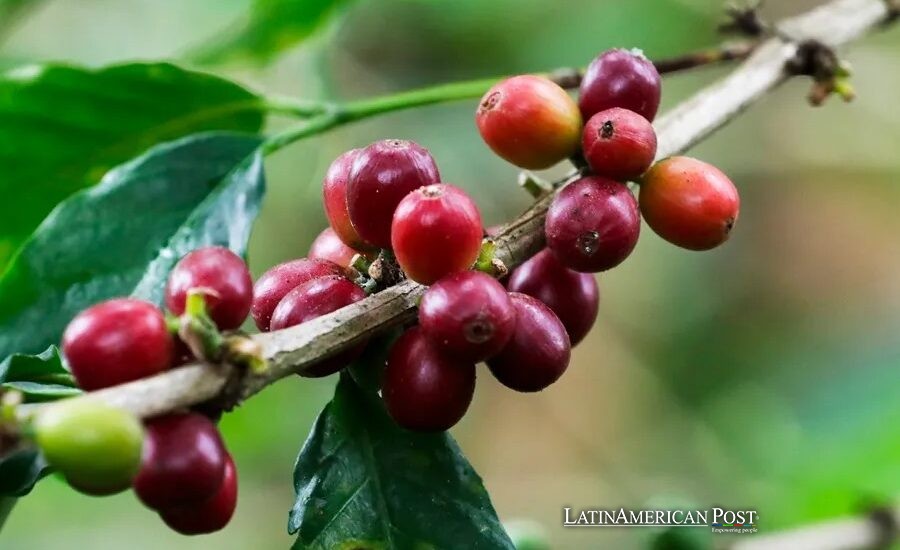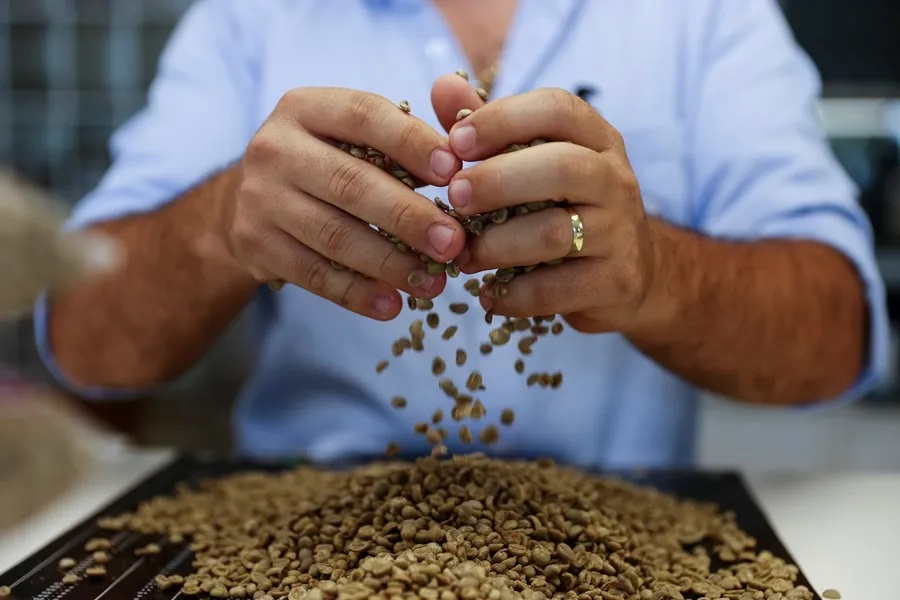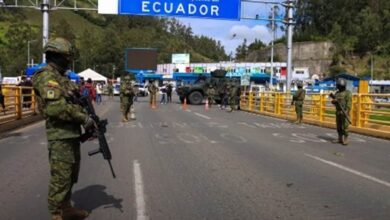The Colombian Farmer Who Taught Ecuador How to Taste Its Own Coffee

On a misty ridge near Quito, a Colombian migrant turned farmer built Finca Frajares into a living classroom for Ecuador’s specialty coffee. His experiment in agrotourism suggests a bigger truth: flavor, dignity and conservation can grow together if we choose.
From Car Parts to Coffee Hearts
Thirty years ago, Francisco Restrepo packed up his life in Colombia and drove south, chasing not gold or oil, but a second chance. The road led him to the green ribs of Ecuador’s Andean Chocó—seventy kilometers from Quito’s colonial skyline, where mist and birdsong blur into the same quiet hum. At first, he tried cattle. The land said no. The soil was too fragile, the pastures too steep. So, in 2013, Restrepo listened, pulled up the fences, and planted seedlings instead. That shift—from livestock to leaves—would redefine not just his life, but the meaning of rural resilience in the Andes.
He planted Arabica coffee, the kind that thrives on altitude and attention. Guided by curiosity, he found a mentor in the celebrated barista David Miño, and soon realized something profound. “Barista students knew how to make coffee,” Restrepo told EFE, “but didn’t know what a plantation is. That’s why we started the visits.” What began as fieldwork turned into Finca Frajares—a farm that doubles as a classroom, where travelers and students learn the story of the bean before it’s brewed.
Here, provenance isn’t a slogan on a package; it’s a conversation between farmer and visitor. Terraces and tasting tables wind through rows of green, where Restrepo teaches how altitude changes chemistry and how patience can taste like chocolate or jasmine. In an era where coffee is consumed faster than it’s understood, Frajares reminds the world that every cup begins with someone who chose to stay and listen to the land.
Where Altitude Becomes Flavor, Science Becomes Craft
At 1,750 meters above sea level, Finca Frajares sits where oxygen thins and flavor thickens. In Ecuador, both Robusta and Arabica grow—but only the latter, Restrepo insists, “wears the crown of specialty.” The science is simple and poetic at once. At higher altitudes, colder nights slow the fruit’s ripening, forcing the plant to store sugars, concentrate aromas, and refine acidity.
“For a coffee to score above 85 in cupping, the fruit must reach at least 12 degrees Brix,” he told EFE, explaining how sugar content translates to quality. On his slopes grow Caturra, Típica, Borbón Rosado, and Geisha—each with its own personality. “Geisha is floral,” he said. “Borbón sweeter, Caturra more chocolaty.” Visitors crush leaves between their fingers, smell the soil, and taste the air that makes the beans so alive.
This is not marketing jargon. It’s sensory geography—the Andean answer to terroir. The farm’s workshops bridge science and craft, teaching that flavor isn’t born in roasters or cafes, but in the long dialogue between plant and altitude. What the world calls “specialty,” Restrepo calls work with dignity.
The Slow Arts of Fermentation and Fire
At Frajares, the tour becomes a ritual. There’s no rush, no spectacle. Just the rhythm of hands and time. Visitors watch pickers collect cherries, red as rubies, golden as honey. The fruits are floated in tanks to remove defects, then pulped to expose the twin seeds wrapped in mucilage—a translucent coat where sweetness lives. “During those 24 hours,” Restrepo explained to EFE, “the seed absorbs everything from the mucilage, which is especially rich in fruity and sweet tones.”
After fermentation, the beans dry for ten days on raised beds under glass roofs, soaking in mountain light. Only then are they hulled and ready for the flame. Roasting, in Restrepo’s hands, feels like translation—heat interpreting the bean’s dialect without shouting over it. Each second matters. Too much, and the oils burn; too little, and the story remains half-told.
Grinding is the final signature. “We grind according to preparation,” he said. “A French press needs a coarse grind; espresso, much finer.” Every choice serves flavor, not convenience. In a world addicted to speed, Frajares stands as a quiet rebellion. It proves that slowness, when guided by intention, becomes its own kind of innovation.

EFE/Sebastiao Moreira
Agrotourism as Stewardship—and Ecuador’s Next Move
It’s easy to romanticize what Restrepo built. But Finca Frajares is not a fairytale; it’s an argument. Agrotourism at this scale isn’t charity—it’s strategy. When travelers walk through the rows and hear him say, “We started visits because students could make coffee but didn’t know where it begins,” they glimpse a fairer chain: one where knowledge and value stay closer to the source.
If Ecuador wants its “brown gold” to rival Colombia or Ethiopia, it must invest beyond slogans. It needs roads, drying centers, cupping labs, and credit for smallholders. It must treat farmers as partners, not as raw-material suppliers. And it should protect the Andean cloud forests that make altitude possible, rewarding those who conserve shade, biodiversity, and clean water.
Making agrotourism easier—with clear permits, safety standards, and promotion—would turn farms like Frajares into living ambassadors. Because when visitors see the process, they don’t just taste coffee; they understand it.
Frajares began not with capital, but with courage—a migrant who reinvented himself through patience and public learning. Each day, as Restrepo sorts beans by hand, discarding the imperfect, he practices a philosophy of care invisible to most consumers. Specialty coffee isn’t luxury; it’s a covenant. Farmers promise to care. Drinkers promise to pay fairly. Governments promise to protect the land that makes it all possible.
Also Read: Costa Rica Bets on Butterflies to Rewild Science—and Rural Livelihoods
When those promises hold, a farm like Finca Frajares becomes more than a business. It becomes a sanctuary—where sugar and meaning grow side by side, and where every cup is both a livelihood and a lesson in how to live with the earth.





